While reading the New York Times article on Black Panther over the weekend, I couldn’t help but notice the journalist made mention of a number of notable comic writers associated with the character over the years such as Reginald Hudlin and Ta-Nehisi Coates but neglected to include Don McGregor despite referencing his groundbreaking work on Jungle Action. Perhaps this was just a simple oversight, but my point remains that it is time to give McGregor the due recognition he wasn’t afforded when he first wrote these comics.
I’m proud to able to call McGregor a friend and honored that he took the time out of his hectic schedule right before preparing to attend the Black Panther movie premiere to let me interview him for a piece at the School Library Journal. Talking for over an hour, McGregor recounted to me some amazing behind-the-scenes stories while working on Jungle Action and the famed Marvel bullpen itself. I gained a better appreciation of the less than progressive attitudes McGregor encountered at the time (including proofreading a reprinted comic story wherein a young Abraham Lincoln proved his manhood by shooting Native Americans, but that’s a story for another day).
Looking back, McGregor’s “Panther’s Rage” epic was ahead of its time in more ways than I initially realized. As those already familiar with the storyline will remember, the Panther’s adversary Erik Killmonger initiates his coup d’état against the King of Wakanda by assembling and unleashing a coterie of deadly adversaries including the master of serpents Venomm (note the double “m” and no relation to the Spidey villain). After being captured, Venomm gains the sympathies of Wakandan Chief Advisor Taku after revealing his tragic origin. Thanks to the kindness and compassion of Taku, Venomm is persuaded to redeem himself by aiding the Black Panther against Killmonger’s insurrection.
The relationship between Taku and Venomm is one of the many highlights of “Panther’s Rage” but it may surprise people to learn that from very the beginning, McGregor intended both characters as gay. Apparently this isn’t a huge revelation as McGregor has discussed this tidbit in past interviews, so I was surprised that the same-sex relationship of Taku and Venomm wasn’t as widely known or talked about as I would have expected. Given the publishing restrictions of the era, there was no conceivable way Marvel would have released a book with two openly gay characters. Despite the struggle just to get the material into readers’ hands, McGregor and his artistic collaborators found ways to indirectly hint at Venomm and Taku’s homosexuality. Take a look at some of the images from “Panther’s Rage” below-
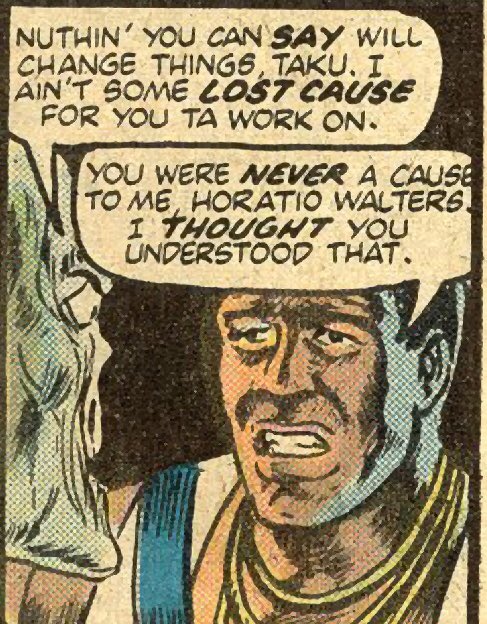
I think it’s easy to take for granted just how far we’ve come with representation in media not just in superhero comics but film and television as well. I’m reminded of how in the Static Shock animated series, Static/Virgil’s best friend Richie Foley was essentially based on the character Rick Stone who was openly gay in the original Milestone comics. However, because it was children’s animation the writers couldn’t really explore Richie’s sexual orientation. Yet, there was no doubt Richie was gay. As the late/great Dwayne McDuffie elucidated,
“It’ll never come up in the show because it’s Y-7 but as far as I’m concerned, Richie is gay…. The way I dealt with Richie’s homosexuality was to write him aggressively and unconvincingly announcing his heterosexuality whenever possible (“Wow! Look at those girls in the swimsuits! I sure like girls!”), while Virgil rolled his eyes at the transparency of it.”
Fast forward to today and there’s a plethora of mainstream animated shows aimed at children like Steven Universe or The Loud House that don’t have to censor themselves with their depictions of LGBTQ characters.
It doesn’t surprise me that McGregor and McDuffie had a mutual appreciation and respect for each other’s work and developed a close friendship. Dwayne McDuffie made it no secret the tremendous impact McGregor’s Jungle Action had on him as a young black kid in Michigan and it’s more clear than ever why. It’s not simply the fact that Don McGregor included a gay relationship in the comics but the powerful sense of validation he incorporated into Taku and Venomm that enable gay readers to see themselves reflected in the medium as heroic.



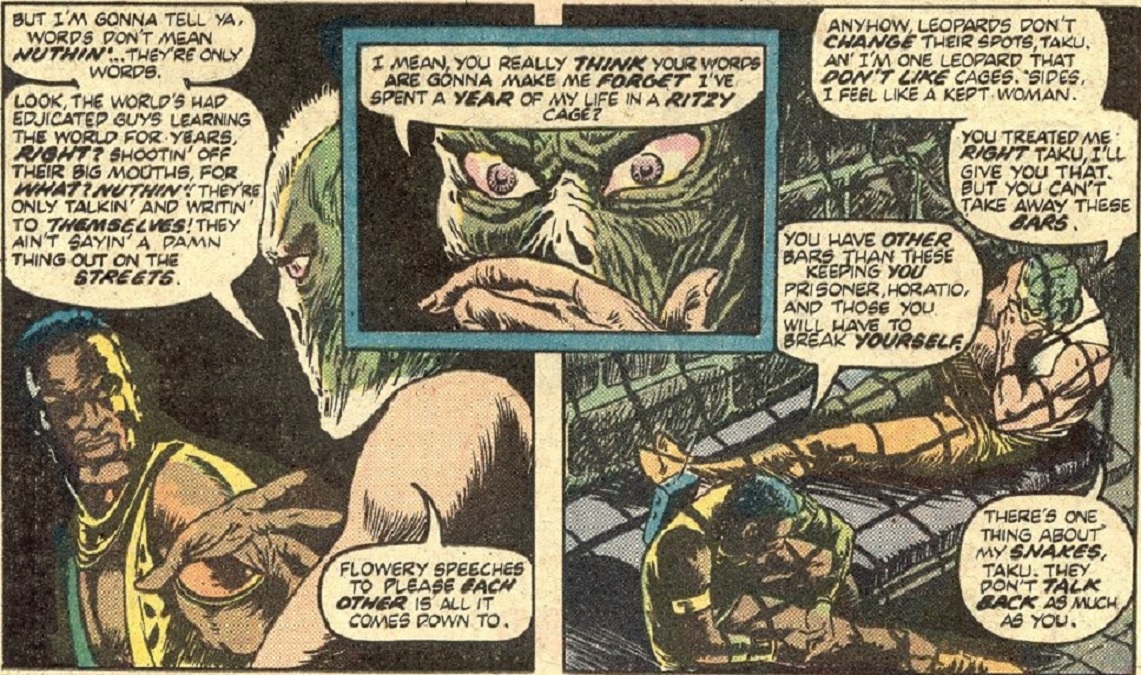
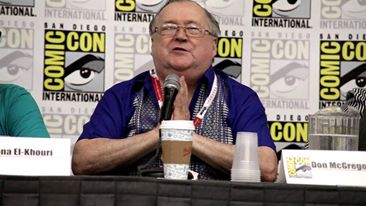
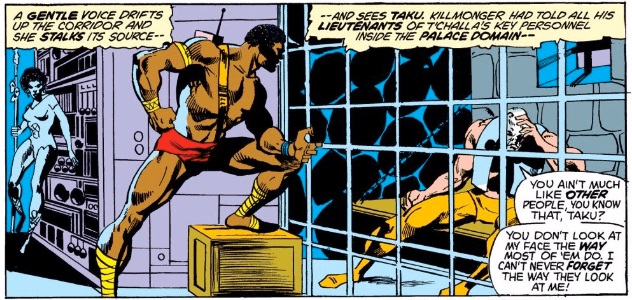
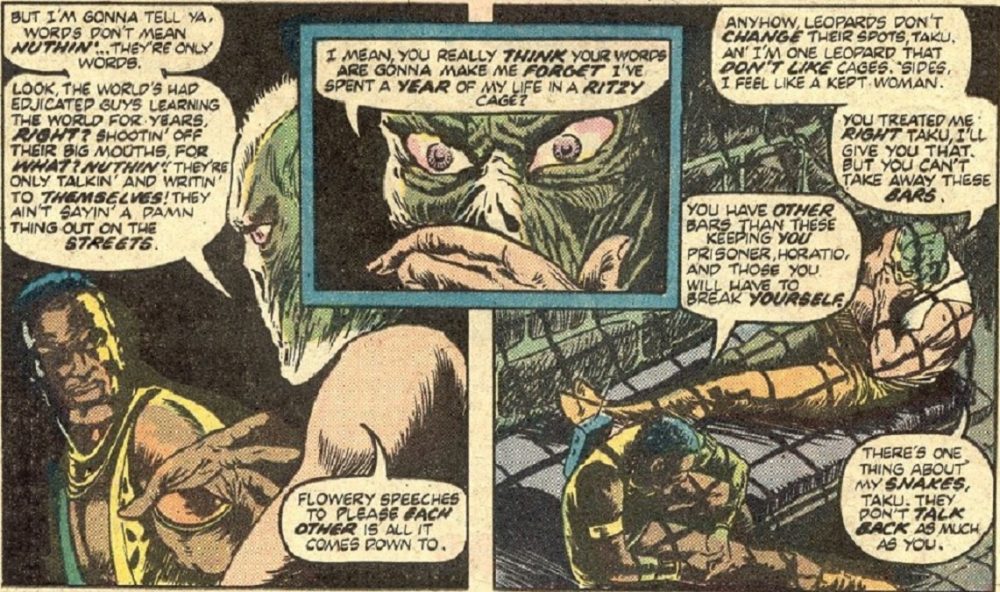
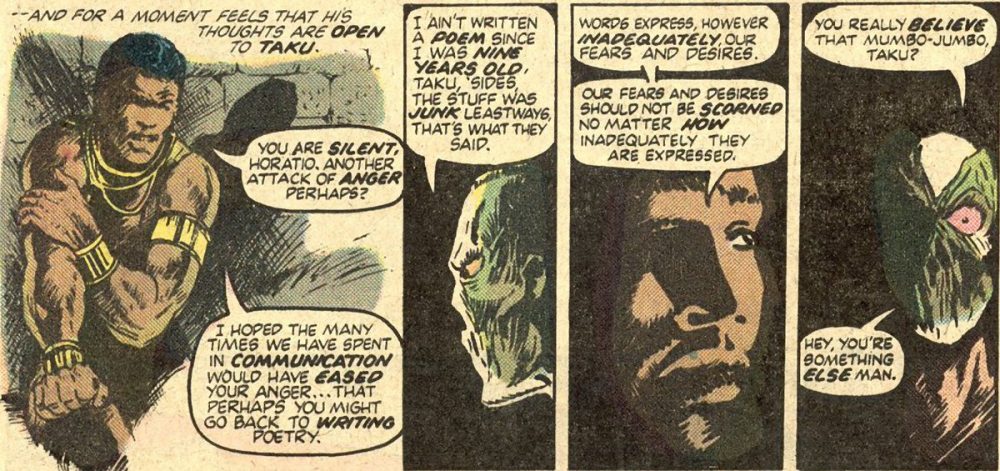
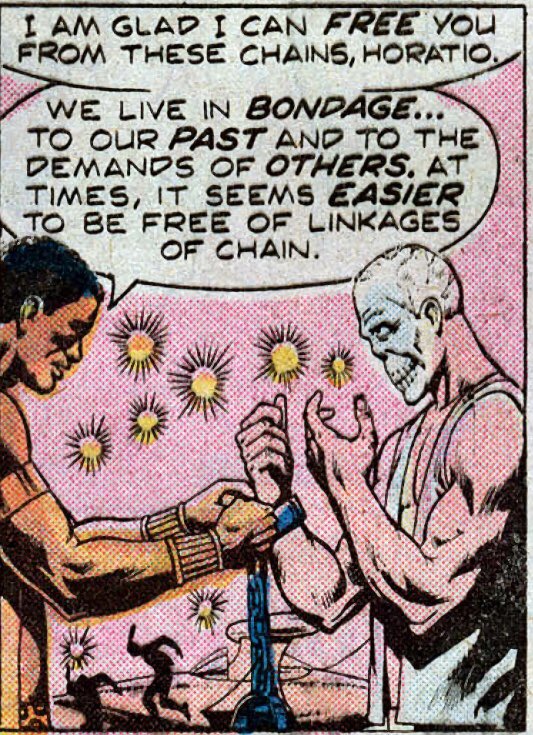
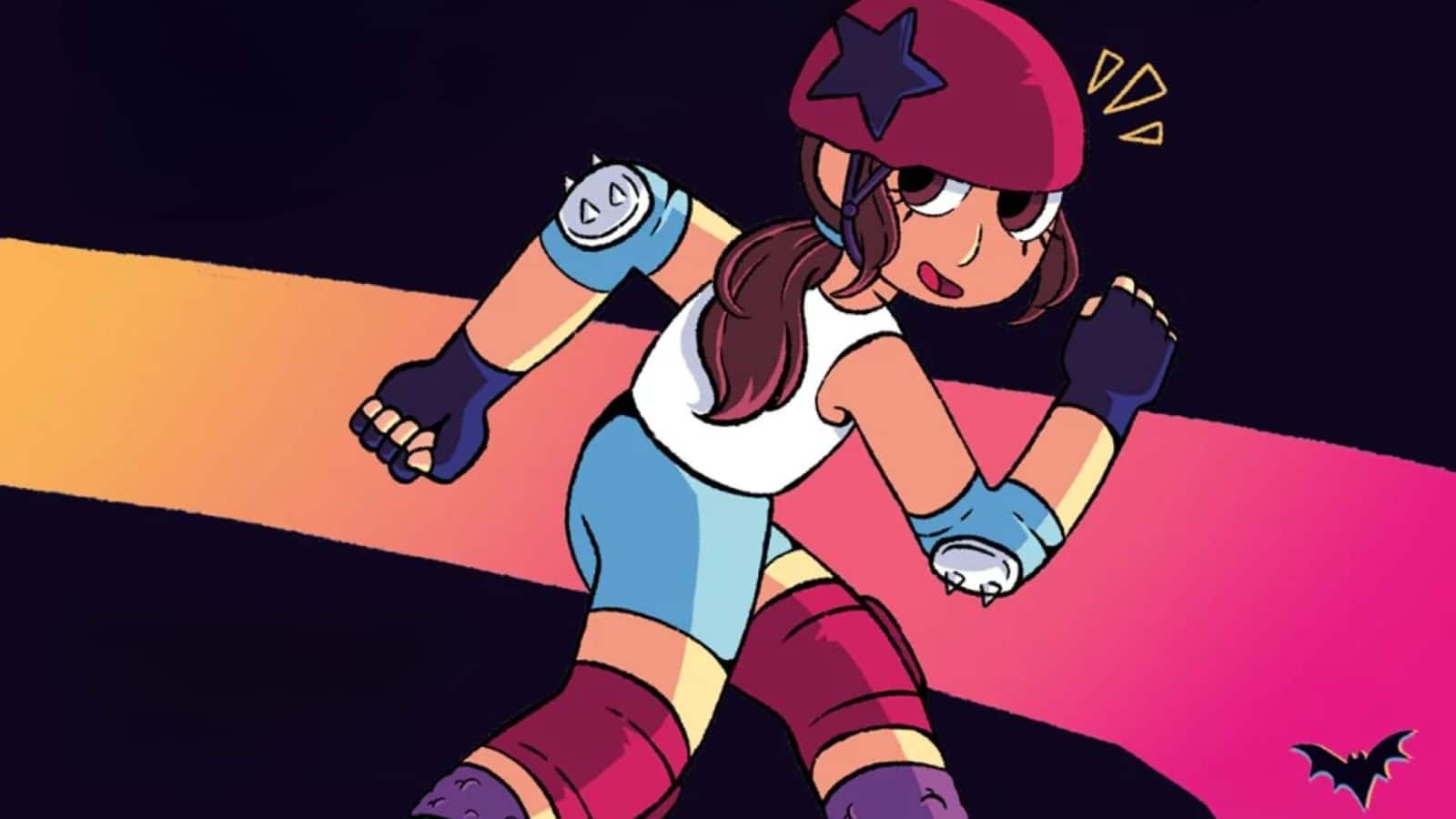
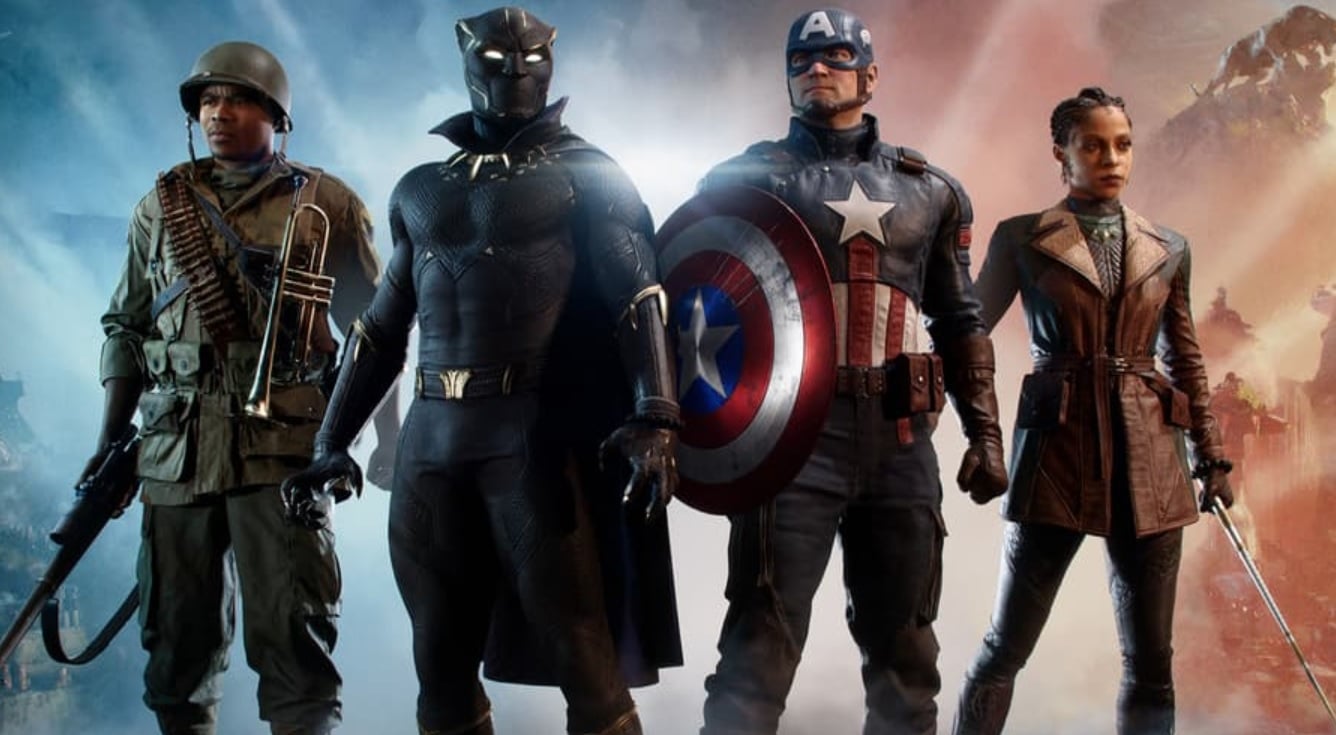

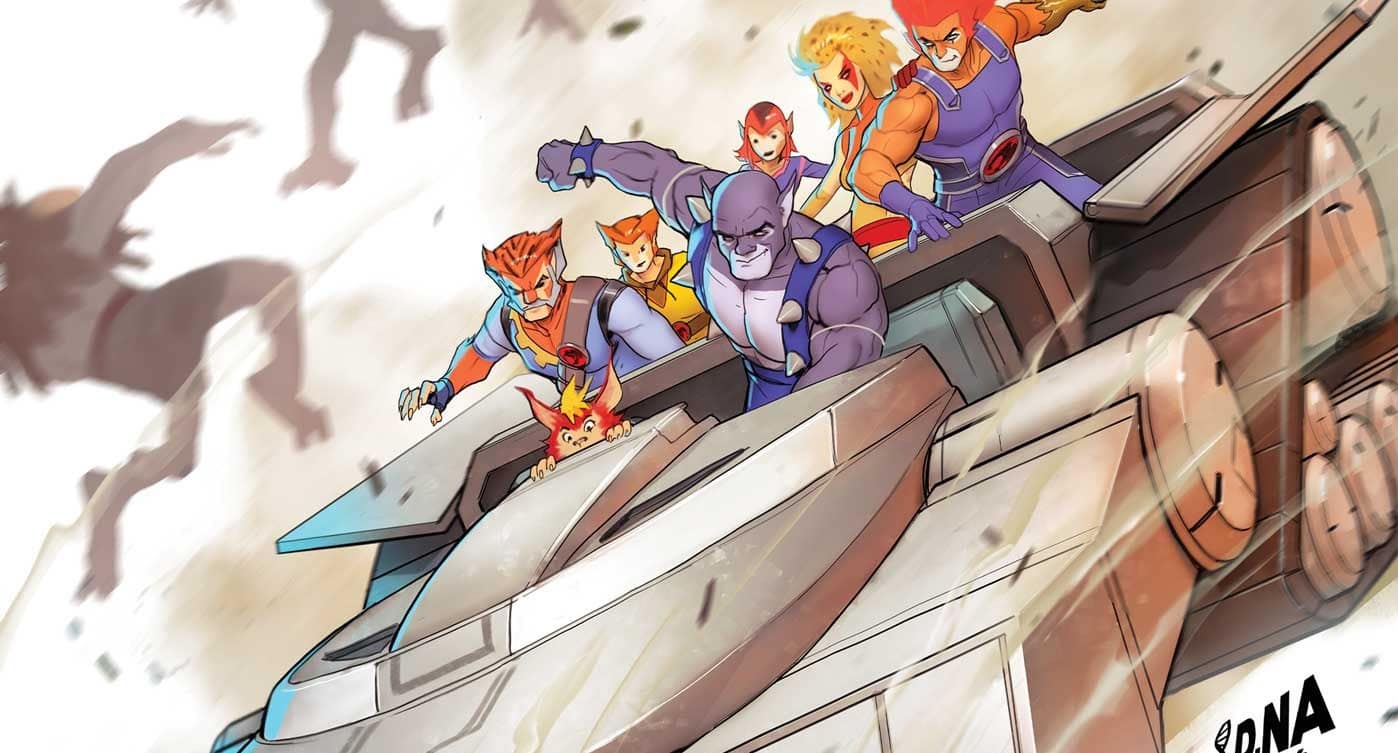
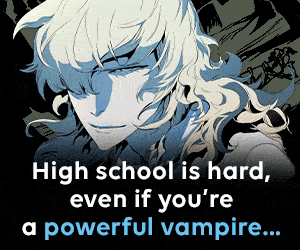

This is pretty cool. I love seeing the constraints artists worked under, historically.
That Don McGregor is such an impressive guy and an impressive writer.
That series was so groundbreaking it sold horribly in the ’70s and was cancelled. But it’s now rightly revered and has been reprinted at least a couple of times.
Comments are closed.